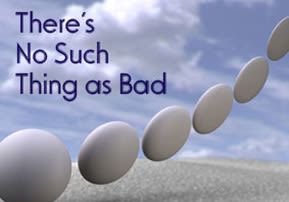
There’s No Such Thing as Bad
Recently, Rav Shalom Arush has been speaking almost exclusively about gratitude to Hashem. The reason is that nothing in the world mitigates stern judgments like gratitude…

No Such Thing as Bad, Part 1
The ability to think positively is the key to enhancing both our physical and emotional well-being.
For the past several months, Rav Shalom has been speaking almost exclusively about gratitude to Hashem. The reason is that nothing in the world mitigates  stern judgments like gratitude to Hashem, and with what we see going on all around us, there are plenty of stern judgments in the world that have to be sweetened. On the other hand, nothing in the world invokes stern judgments like ingratitude. So, when a person cries and complains all the time, he makes life all the more difficult for himself.
stern judgments like gratitude to Hashem, and with what we see going on all around us, there are plenty of stern judgments in the world that have to be sweetened. On the other hand, nothing in the world invokes stern judgments like ingratitude. So, when a person cries and complains all the time, he makes life all the more difficult for himself.
 stern judgments like gratitude to Hashem, and with what we see going on all around us, there are plenty of stern judgments in the world that have to be sweetened. On the other hand, nothing in the world invokes stern judgments like ingratitude. So, when a person cries and complains all the time, he makes life all the more difficult for himself.
stern judgments like gratitude to Hashem, and with what we see going on all around us, there are plenty of stern judgments in the world that have to be sweetened. On the other hand, nothing in the world invokes stern judgments like ingratitude. So, when a person cries and complains all the time, he makes life all the more difficult for himself.Even though Jewish law requires us to thank Hashem for the seemingly bad just as we thank Him for the good (see Shulchan Aruch, Orach Chaim 222:3), it’s a lot easier to thank Hashem when we realize that by looking at the world through eyes of emuna, there really is no bad in the world!
Uri’s story
Let me tell you about a young man who we’ll call “Uri”, who started attending Torah lessons at our yeshiva last year. This particular individual was living a life that you could describe in three short words – one big mess. He had already been to jail a few times for various misdemeanors, he wandered from working in car washes to packing groceries in supermarkets, he was always in debt, and his marriage bordered between a national disaster and a level-7 earthquake on the Richter scale. Anyway, he had this old jalopy that he was driving on the old road between Tel Aviv and Bet Shemesh, and it broke down on the side of the road directly below the grave site of Dan ben Yaacov. Hashem’s Divine Providence is amazing of course, because right there at Dan’s grave site, we have a branch of our Chut shel Chesed Yeshiva for Baalei Teshuva, newcomers to Torah and Jewish observance.
Meanwhile, a couple of the young men from our Yeshiva spotted Uri in the broken-down car. They helped him push the car up the hill to the yeshiva, and one of our students who “happens to be” a former expert mechanic fixed the car. The other boys invited Uri to have lunch and they gave him some Rav Arush CDs in Hebrew. They showed him that even something seemingly bad like the car breakdown led to something fantastic, Uri’s finding the Chut shel Chesed Yeshiva and Rav Arush’s teachings.
Two short months later, Uri became a new man. He read the Garden of Emuna, In Forest Fields, and The Garden of Peace. Whereas he’d always yell, curse, and be full of anger at home, he became kind and considerate. His wife thought that Hashem sent her a completely new husband. He got a good job as a route salesman, and is making a decent and respectable living. He listens to emuna CDs all day long while riding around in the company truck and he learns Torah for an hour a day every afternoon between Mincha and Maariv. Most important, Uri now talks to Hashem for an hour a day, thanking Him profusely for all his blessings. Not a day goes by when Uri doesn’t thank Hashem that his car broke down in front of Kever Dan. He realizes that there’s no bad in the world.
There’s more to our story. Right before this past Passover, Uri’s father – a university professor in his early fifties – had a stroke. He was admitted to the hospital, but for some reason the hospital was way over capacity with a record number of sick people. The nurses told him that if he cared about his father, he should make arrangements to spend Seder night in the hospital. Uri thought to himself, “How can I possibly leave my family on Seder night?” So, he decided to take his wife and two sons to be together with him in the hospital. They knew that there are always a number of benevolent aid societies that serve Shabbat and holiday meals to hospital patients and their families. This year, they were making a tremendous Seder in the hospital’s main dining room, and Uri was depending on making his family’s seder there.
When Uri and his family arrived at the dining room, it was already jam-packed with other patients and their families. There wasn’t a single vacant place, much less room for a family of four. Uri didn’t lose his composure. Rav Shalom Arush’s loving voice echoed in his ears, “Thank Hashem for your difficulties in life. Thank Hashem for everything that seems wrong. It’s all for the best because there is no bad in the world.” Uri started singing, “Thank you, Hashem,” Rav Shalom’s ditty that everyone in Israel is singing. He thanked Hashem that there was no place to sit. “Hashem, if You want me to celebrate Seder night standing up, then that’s fine with me.” If Uri would have used his logical intellect, he’d have become a bundle of anger and nerves – “What’s going to be? How will I celebrate the Seder? How will I drink 4 cups of wine and eat matza if there’s no place to sit? What about my family? There’s an absolute obligation to fulfill many different mitzvot tonight, and Hashem isn’t letting me. Hashem, why are You tormenting us on Passover night…”
No, Uri didn’t go his old route of crying and complaining. On the contrary, he looked for more reasons how his current predicament is all for the best. All of a sudden, he felt this warm feeling in his heart. Hashem was illuminating Uri’s soul by virtue of his gratitude despite the extreme stressful situation. He then said to his wife, “Sweetheart, if there’s no place for us to sit, then Hashem probably has a job for us to do standing. Rather than worrying about our own Seder, let’s help all the sick people have theirs. We can serve food and help them eat. With all these people, there are certainly not enough waiters and caretakers.”
Uri, his wife, his six-year old son and his eight-year old son mobilized themselves and began running from table to table assisting people. Right before “HaMotzi,” the main meal, one of the officiating rabbis led Uri and his family to four miraculously vacant places at the front of the room. The rabbi and his family treated them like royalty. Uri told Rav Arush that it was the best Seder night he had in his life and that he cannot fathom anything better. Rav Arush told him not to expect anything better – his Seder was so wonderful because he and his whole family went through an exceedingly difficult test of emuna while passing with flying colors. You only get such tremendous spiritual rewards when you’ve first been tested under fire.
Today, Uri doesn’t look for tribulations, but he sure knows how to appreciate them once he gets them. The only way to successfully cope is to remember that there is no bad in the world – Hashem is doing everything for the very best and for our ultimate benefit.




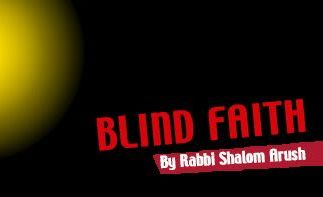
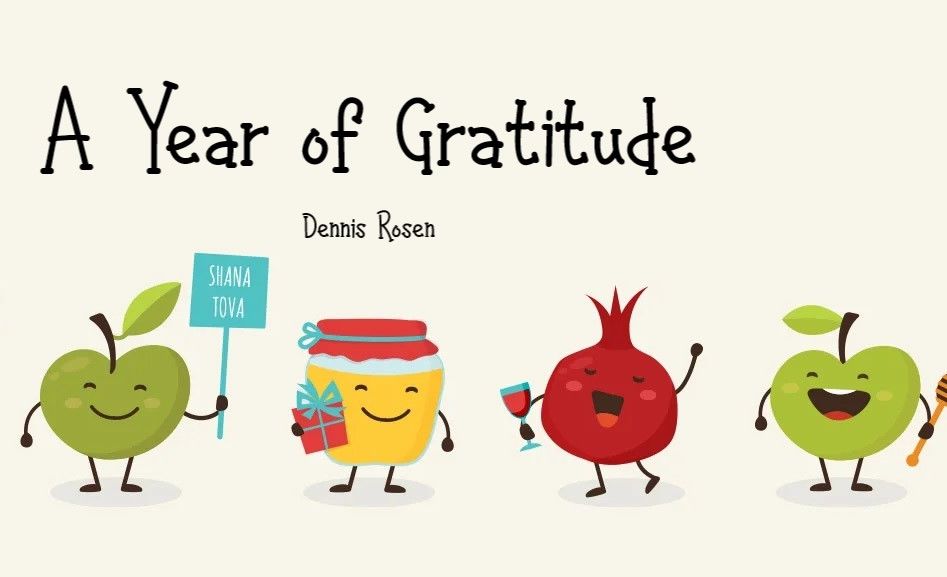
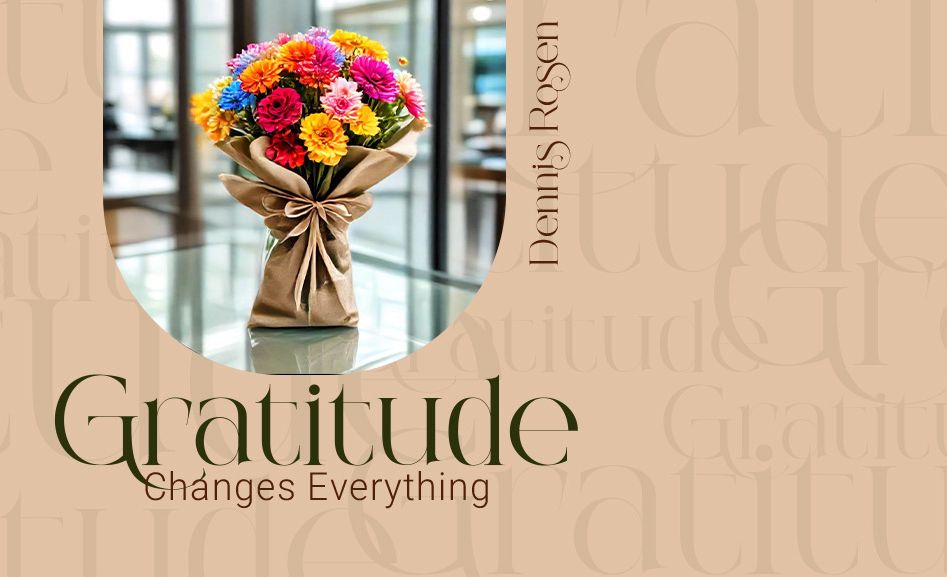

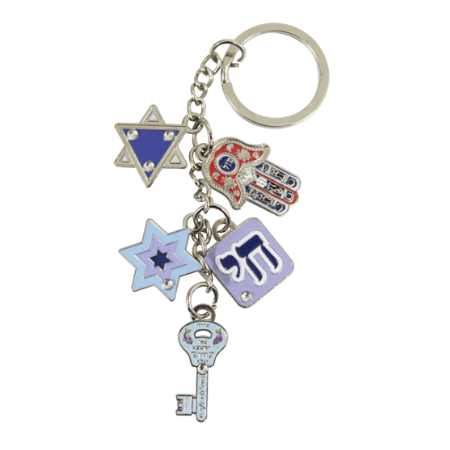
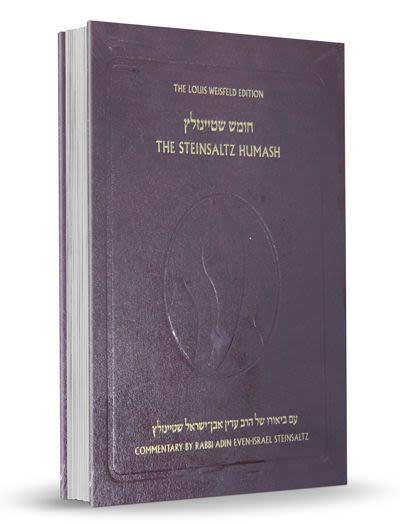



Tell us what you think!
Thank you for your comment!
It will be published after approval by the Editor.